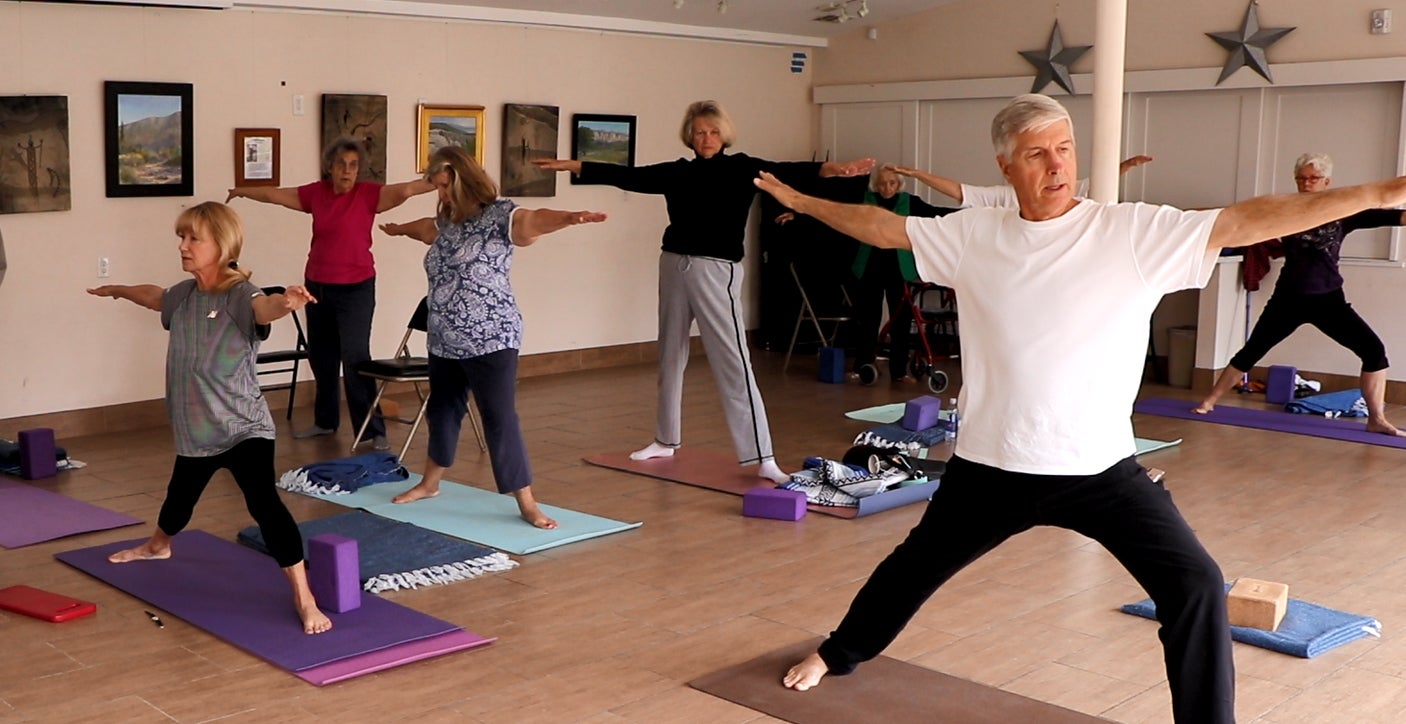My name is Edward. I live in McMinnville, Oregon (about 35 miles southwest of Portland). My wife and I moved down here to downsize, and to help my stepdaughter care for her daughters, ages 8 and 6. She runs a restaurant, so she has a few late nights each week and needs our help with child care. For most of my adult life, I worked for unions-I organized; negotiated; ran training programs and had a long and diverse career representing working people in both the private and public sectors. When my last job ended, I landed at Portland Community College studying gerontology. I recently completed my associate degree in Gerontology and Aging Studies. I mention this because despite having a bunch of degrees, this was the first academic experience that resonated for me probably because I was learning about older adults and I’m one. I learned a lot about the aging process, and that’s what I plan to discuss in this blog.
Healthy aging and the aging mind
The beauty of studying gerontology as an older adult is pretty much all of it relates directly to my life. Since the courses for this program are online, so I didn’t have to travel farther than my computer to get to class. The concept of healthy aging, discussed in many of my classes, has proven to be especially relevant. One course (the Aging Mind,) dealt specifically with maintaining brain health and forestalling the onset of mental decline and/or dementia. The “cogwheels of brain health” provides a pretty good road-map to maintaining mental capacity as we age. “Cogwheels” because each “cogwheel” is part of an integrated system aimed at promoting brain health.
Diet is key
The first, and for me the most important, is diet. I love to eat, and I love my carbs (pasta, bread and butter, pretzels, you name it). I love ice cream, and candy (on Friday nights our granddaughters stay at our house and we have a movie night, with lots of candy and popcorn). We know that putting on additional weight as we age has greater implications than when we are younger-it puts a greater strain on our joints and our hearts. So, I’ve had to make adjustments to keep my weight around what it’s been for the last decade. But that’s my problem. Yours may be very different. Either way, it’s something we all need to consider as we age.
Movement
Another cogwheel is Movement: It’s a no brainer that weight control may depend on adding some exercise to our daily lives. However, in order for a person’s brain to stay fit, any kind of movement will do- doing daily tasks helps housecleaning, gardening-things we don’t think of as exercise help our brain health.
Mental stimulation
Mental stimulation is the third cogwheel. A key to maintaining a healthy brain is to use it. Crossword puzzles, reading, surfing the net, video games, Facebook, whatever-it doesn’t really matter as long as you’re often mentally engaged in something.
Positive social interaction
Positive social interaction is critical. Loneliness can accelerate the onset of dementia, so one way to slow down the process is to connect socially: with family, friends, people you meet at a senior center; however one connects, it’s an important aspect of brain health (and not just for older adults).
Sleep
Sleep: adequate sleep is a given, no matter what a person’s age. However, it is crucial for the brain health of older adults. Many of us have difficulty getting enough sleep at night. Taking a nap during the day is a good way to compensate.
Stress management
Stress Management: Personally, I’m not so great managing stress, but it’s crucial as we age to figure out ways to deal with the stressors in our lives. I go to the gym, that helps. But that won’t work for everyone. Nothing works for everyone-we each have to find our own means to manage stress, but we need to do it.
We can’t stop aging, but we can make it as healthy as possible if we work to keep our brains healthy.
– Edward from McMinnville, Oregon, a FAR customer who is finding purpose in this new stage of his life.

Edward
Edward writes for FAR and is also a customer. He is 73-year-old, born and raised in and around New York City. After college and a little graduate school, he took Horace Greeley’s advice and went west. Edward lived in several cities throughout California and currently resides in Oregon. He practiced law for a few years as part of a law collective doing what they called “people’s law,” but spent most of his career working as an internal organizer for the unions.
When Edward’s career ended with the unions, he was determined to become an advocate for older adults. He enrolled at Portland Community College studying Gerontology. He learned a lot about aging and how it applied to his own life experiences and my own aging process. Much of Edward’s writing is related to what he learned in his Gerontology studies.
* The opinions expressed in this article are those of the authors. They do not necessarily reflect the opinions or views of the Finance of America Reverse (LLC).
This article is intended for general informational and educational purposes only, and should not be construed as financial or tax advice. For more information about whether a reverse mortgage may be right for you, you should consult an independent financial advisor. For tax advice, please consult a tax professional.















I WANT TO KEEP UP TO DATE ON RETIREMENT TRENDS
Follow Us.